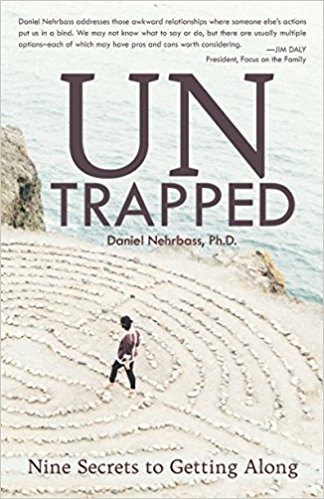Finding hope many times comes from seeking truth about your circumstances. Sometimes it’s a matter of looking at your situation from a different perspective or with a different attitude. Hope Bridge cards are a regular deck of 52 playing cards with the four different suits hosting four different themes of Scripture known to help us see life from God’s perspective. The HEARTS all refer to Scriptures talking about God’s love for us, aka “The Gospel”. CLUBS outline God’s expectations of our reactions to His love for us. The DIAMONDS refer to passages about Heaven. SPADES, list Scriptures about forgiveness, both God’s forgiveness for us and our forgiveness for others. These four concepts give us the core truths about every situation in our lives. Both good and bad, both future and past, both for us and others. God loves us no matter what, but His ability to bless us is related to our desire to respond appropriatly to His love. His grace is free, but it’s not cheap! Heaven is a real place where sin, sickness and sorrow will not exist. But obviously we aren’t there yet. Many times the best part of a vacation destination is our preparation to go. That is true about this life. Take some time to read, think and anticipate heaven. Probably the best and hardest part of applying God’s truth to our lives is how He desires to forgive us and how that will renew in us a desire to forgive others. Hope may be found in the worst of situations when you gain an eternal perspective understanding that there is a battle for your soul and God’s love will go anywhere to rescue you and refuse to leave you where He found you. You may become so familiar with His love and grace that you grow sick of sin and would rather forgive your enemies that get revenge. Now that’s worth hoping for, worth working toward, worth betting on!
Have some fun, play your favorite card game and build a Hope Bridge.
http://rusticwoods.design/






























